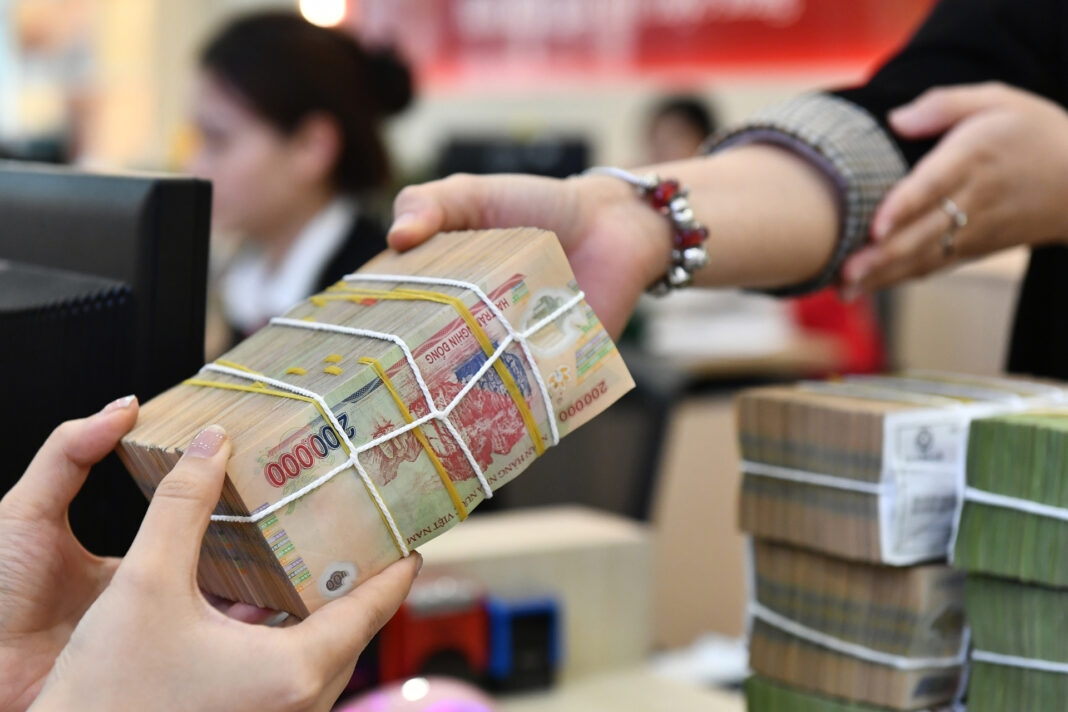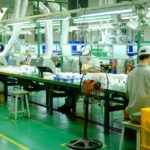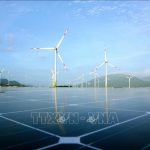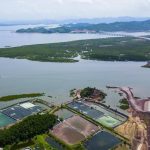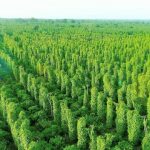15.5 Billion USD in Funding Awaits Suitable Green Projects
At the seminar “Prospects for Green Finance Development” hosted by the Finance and Investment Magazine on August 6th, Dr. Vo Tri Thanh, President of the Institute for Brand and Competition Research, asserted that green development is not only a strong political commitment for the entire nation but also a market imperative as consumers demand greener and safer products, developed countries expect more sustainable practices, and financial institutions make environmental considerations a prerequisite for lending.
Currently, 80% of financial capital requires adherence to ESG (environmental, social, and governance) standards before providing funding. For businesses, these issues are not just about survival but also about seizing new opportunities presented by green development.
Dr. Thanh emphasized that green finance entails a revolution in institutions and technology, introducing new criteria and standards for greenness and origin. However, he acknowledged the challenges businesses face, including transition costs, market pressures, and institutional hurdles.
Regarding financial resources, Mr. Thanh stated that the green transition necessitates significant expenses and substantial capital. This process must be initiated from the top, involving alterations in legal frameworks, policies, and corporate approaches.
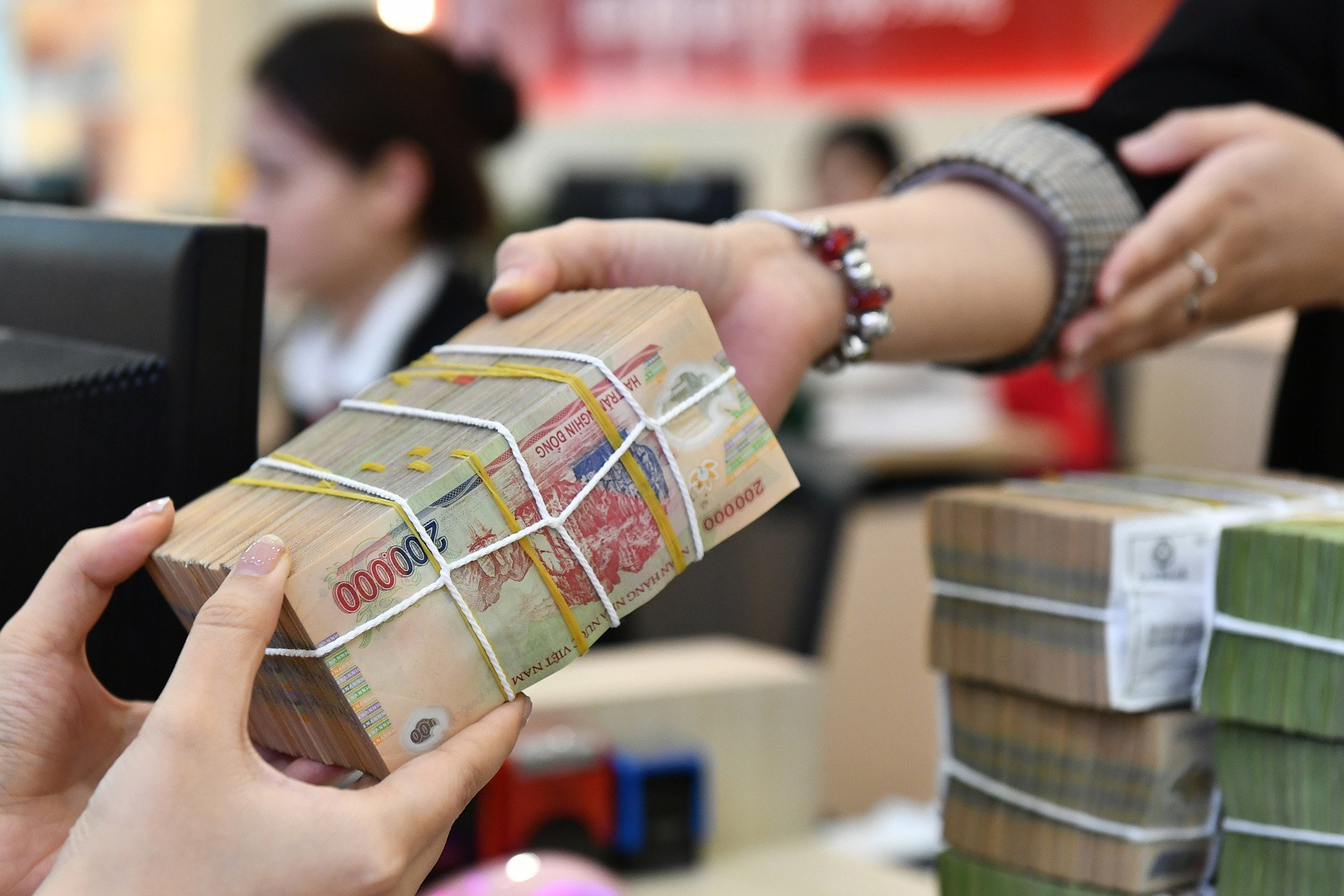 Businesses still face challenges in accessing green finance. |
He emphasized the comprehensiveness of the transition to a green economy and green finance and underscored the vital role of financial institutions and funds in this process.
Drawing from practical experiences, Dr. Vo Tri Thanh pointed out that we are often “doing and running simultaneously.” This is not unique to green economy and finance but also pertains to digital economy and finance, as well as financial development in general. If we continue to wait for legislation, it could take another four years, hence the need for breakthrough policies to foster green economic and financial development.
Lawyer Nguyen Thanh Ha, Chairman of SBLaw, noted that Vietnam has been proactive in establishing a legal framework for the green economy and green finance, but the results have not met expectations.
The lack of a legal framework and specific regulations significantly impacts investors’ decisions in this market. Additionally, Vietnam has yet to establish distinct green criteria for various industries. Consequently, the journey toward green finance and economy remains fraught with challenges.
Dr. Le Xuan Nghia, a member of the National Financial and Monetary Policy Advisory Council, highlighted the reality that while green finance is available, businesses struggle to access it.
He cited the example of the 15.5 billion USD allocated by the Energy Transition Mechanism to assist Vietnam in transitioning from fossil fuels to renewable energy. However, due to procedural obstacles, suitable loan or grant projects have not been identified.
Expanding on the topic of green policies, Mr. Nghia asserted that we often talk extensively but act sparingly. In reality, green credits and bonds for wind and solar power projects are standard investments with conditions pertaining to collateral, interest rates, and terms, devoid of any priorities or incentives.
Moreover, the scale of these funds is vastly disproportionate to the need for green finance. The World Bank estimates that Vietnam requires 360-400 billion USD to transition to renewable energy and reduce greenhouse gas emissions by 2030.

Wind and solar power projects receive standard loans without any special incentives. Photo: Thach Thao |
Attracting Green Capital Requires Strategic Approach from Businesses
From a business perspective, Mr. Nguyen Anh Tuan, CFO of PAN Group, shared that his company has engaged with numerous international financial institutions and found sustainable financial products to be a good fit.
According to Mr. Tuan, there are two types of products within this framework in Vietnam: green finance for businesses with large-scale green projects, which are more likely to receive international funding, and products that require businesses to commit to emission reductions based on ESG criteria. PAN Group is pursuing both options.
Businesses can access green finance in this manner without solely relying on state capital. However, Mr. Tuan cautioned that to engage with financial institutions, companies must possess a solid foundation in sustainable development and governance.
Mr. Hoang Duc Hung, Chairman of IIA Vietnam, raised the question: “In the flow of green finance, how can we ensure that money goes to the right places?” He emphasized that businesses must demonstrate their “greenness,” which encompasses not just environmental considerations but also ESG and sustainable development. Capital flows into businesses not only because they are green but also because they strike a balance, exhibit a commitment to society, and have sound governance.
Therefore, fund investments in businesses entail due diligence. Companies must provide reports that convey their commitments to relevant stakeholders. Vietnam’s limitation is the absence of a sustainable development and green reporting framework. “Lending institutions have their criteria, but regulatory agencies should also establish a sustainable development reporting framework. Methodology and measurement tools need standardization,” suggested Mr. Hung. He emphasized that, in the long run, the most crucial factor is the awareness of top leadership within businesses.
Tam An
Capital Raising for Sustainable Growth
The trend of greening the economy is becoming increasingly popular worldwide, and Vietnam is no exception. As a result, the demand for green credit is also growing, aiming to promote the transition to a green economy and sustainable development. However, the domestic source of green credit is still limited, necessitating the need to expand the funding for this sector.
New Year’s directives from many ministers
On the first working day of the new year, which is the Year of the Horse in the Vietnamese zodiac, leaders of various ministries and agencies have issued “hot” and decisive directions to promote work and plans set for 2024.
Low-carbon economic development: The “must-haves” for achieving a circular economy.
With a commitment to achieving net-zero emissions in Vietnam by 2050 and a commitment to combating deforestation in accordance with the EU Forest Law Enforcement, Governance and Trade (FLEGT) regulations by the end of 2024, we aim to move towards a low-carbon economy, paving the way for circular economic development for businesses.

